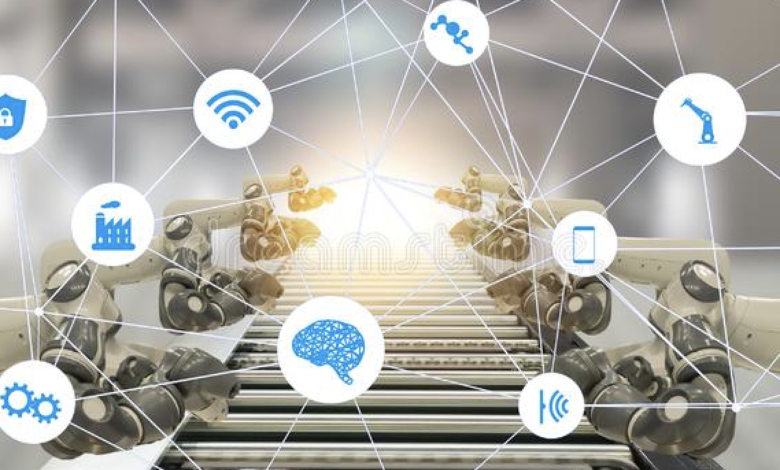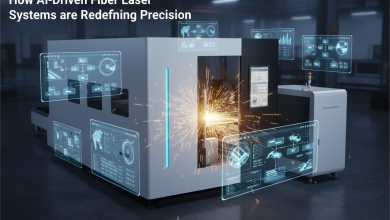
The UK’s manufacturing sector is estimated to grow at 7.8% in 2021, unlike in 2020, when it contracted sharply. 20,000 companies across manufacturing, engineering, and industrials have reported growth in output volumes since the last 30-40 years. That said, the growth has brought in its own challenges of supply chain constraints. For example, automakers are not able to manufacture fast enough due to chip shortages, sustainable investment and adopting the right skilled resources, and rapid change of technology.
In the numerous discussions with the head of plant operations, supply chain directors and various CXOs, it has become clear that almost all of them either wish to incorporate smart devices and embed intelligence within the manufacturing process or plan to incorporate smart devices and embed intelligence into their products itself.
Among the many effects of the Coronavirus pandemic has been the acceleration of digital transformation initiatives by businesses across all industries. This recent rapid adoption of new and advanced technologies is just the start of something bigger. As we look to the future, we will see more focused collaborations in the manufacturing industry between emerging technologies such as AI and blockchain that will enhance autonomy within an organisation, and optimise the use of resources.
Visibility and Sustainability by Leveraging AI, Blockchain, and IoT
In an industry where every penny counts and every minute matters, efficiency is vital. A combination of AI and blockchain lends itself perfectly to the proactive management of a manufacturing firm’s many different assets. Blockchain is already used by many manufacturers to improve visibility across their supply chain.
By offering a permanent digital record of an organisation’s parts and products, its distributed ledger structure and block-based approach will allow generating end-to-end insights across the entire process — from suppliers to shop floor. This, in turn, enhances the efficiency of a manufacturer’s procurement operations, enabling it to scale the accuracy, timeliness, and traceability of orders. The addition of AI technology — to analyse the wealth of data in real-time — provides actionable insights, essential to ensure that the whole enterprise asset management process remains streamlined.
The issue of sustainability is increasingly important, too, with manufacturers under growing commercial, public, and governmental pressure to reduce emissions and commit to a carbon-neutral future. Fortunately, the evolution of AI and IoT (Internet of Things) technologies can have a positive impact on a company’s sustainability efforts.
Collecting data on the provenance of any materials used in the manufacturing process can indicate whether that material was responsibly sourced, for instance, thereby ensuring that an organisation only uses the most appropriate materials. Sensors can be employed to track the flow of that material on its journey across the factory floor, and the data collected can then be analysed by AI algorithms to determine how much material has been used, and how much more is required at any given point. When able to access this data via a dashboard, in real-time, an organisation’s sustainability officer will be better able to make sure their supply chain processes adhere to appropriate Environmental, social, and governance (ESG) standards.
Efficiency in Back-office Processes with AI and Emerging Technologies
It is not just on the factory floor where these new technologies can prove beneficial. They also have an important part to play in improving the efficiency and effectiveness of labour-intensive back-office processes.
Assessing and selecting vendors, for example, can be time-consuming, especially when the data held in assessment documents are unstructured and stored in different formats. By employing AI-based deep knowledge and text engineering techniques, companies are able to extract targeted parameters from this unstructured data. Further, using an advanced cognitive search engine, along with other data exploration tools, enables the supplier assessment data to be automatically explored in greater detail — saving considerable time and effort and related costs.
New and emerging technologies such as AI, blockchain, and IoT each bring their own significant benefits to the manufacturing industry, in terms of greater speed, efficiency, and visibility into the operation of an organisation and its supply chain. When these technologies work in collaboration, and especially when integrated into a single platform, their benefits are transformative. As the industry begins to make its way cautiously out of the pandemic and into the new normal, manufacturers should build on the foundations laid in their recent digital transformation initiatives, and combine the latest technologies for the betterment of their businesses.



